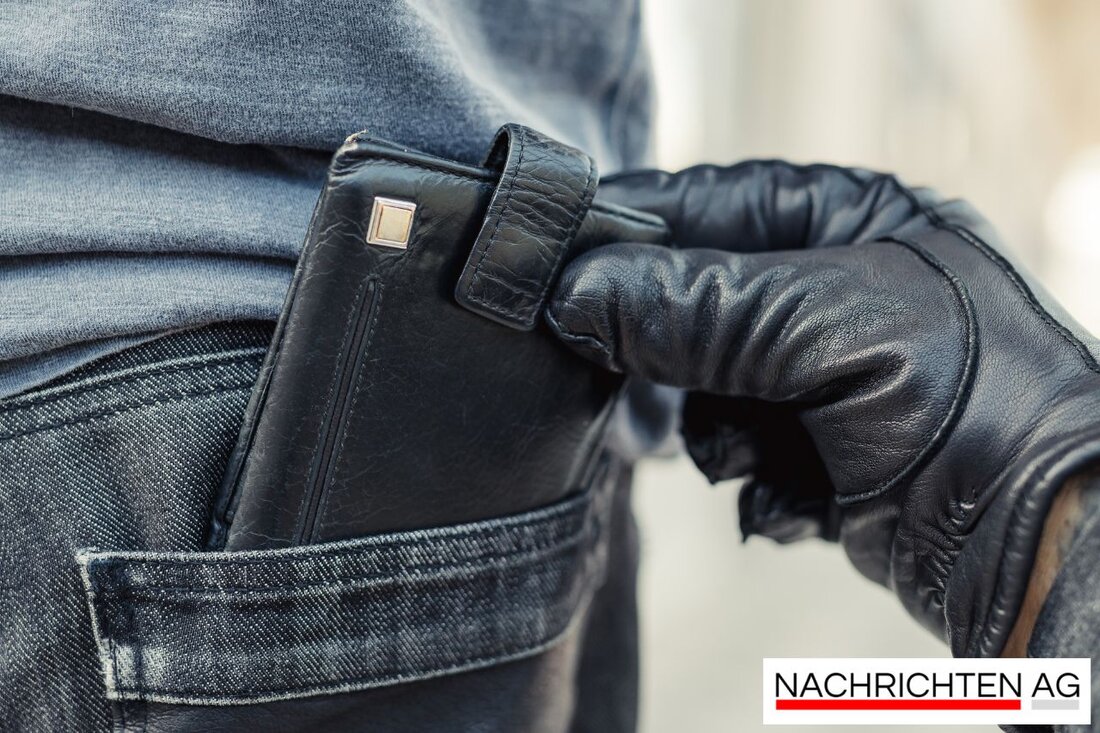Monitoring to SB cash registers: Edeka and Rewe rely on new technologies!
Monitoring to SB cash registers: Edeka and Rewe rely on new technologies!
Regensburg, Deutschland - In recent years, the use of self-service cash registers (SB cash registers) has increased significantly in retail. A current Report from an Edeka market in Regensburg shows that the use of shop tectives does not only affect the use of these cash registers, but also signals a growing surveillance need. A TikK video documents how a shopping customer monitors customers at the SB checkout, while sensors record the scanned items in the health insurers. These measures are necessary, since according to Frank Horst from the commercial research institute EHI, the losses to SB cash registers are 30 percent higher on average than in regular health insurers.
Although some supermarkets such as Rewe and Edeka rely on surveillance by staff, many retailers prefer automated starting gates. These gates can sometimes open or require the submission of a payment receipt. An example of the latest technology is the "Sesame" system from ITAB, which uses artificial intelligence to recognize paid articles. Sensors pursue customers when leaving the business, but are designed in such a way that they do not record facial features, which is not impaired by facial masks.
additional systems for loss minimization
The "Sesame" system is already in use in more than 200 companies, including large retail chains and hardware stores. Rewe and Edeka test these technologies to minimize the losses through theft and optimize customer acquisition. Klaus Schmid from ITAB assures that the stored data of the sensors are only available for a short time and do not contain any personal information, which strengthens data protection.
The attractiveness of SB cash registers is also increased by the possibility of contactless payment without queues. According to a survey by EHI, 57 percent of the respondents already support the use of self -service cash registers. These health insurers offer retailers the advantage that they can use their staff more effectively for customer advice, which in turn strengthens customer loyalty. Axis emphasizes that self-checkout systems are ideal for autonomous shops that can operate without personnel. The trend towards these systems remains unbroken, and the use of advanced technologies is significantly improved.
examples from practice
The numbers speak for themselves: The number of shops with SB cash registers rose from 903 in 2019 to 4,270 in 2023. Over 60 percent of these health insurers are in the food retail trade. The drugstore chain DM has introduced SB cash registers in over 350 branches to offer customers a faster shopping experience. The branch manager of a DM market in Fulda confirms that the staff is not dismantled, but redistributed to offer better customer service.
However, there are also challenges. Smaller shops often consider SB coffers to be uneconomical if sales are low. In addition, many retailers see risks in the form of scan fraud. Nevertheless, trading expert Jörg Funder is optimistic about one-to-one communication between employees and customers, which can ultimately also strengthen customer loyalty. Tagesschau reports that large fashion houses such as Zara and Uniqlo are already using self-trial functions without manual scanning.
| Details | |
|---|---|
| Ort | Regensburg, Deutschland |
| Quellen | |


Kommentare (0)